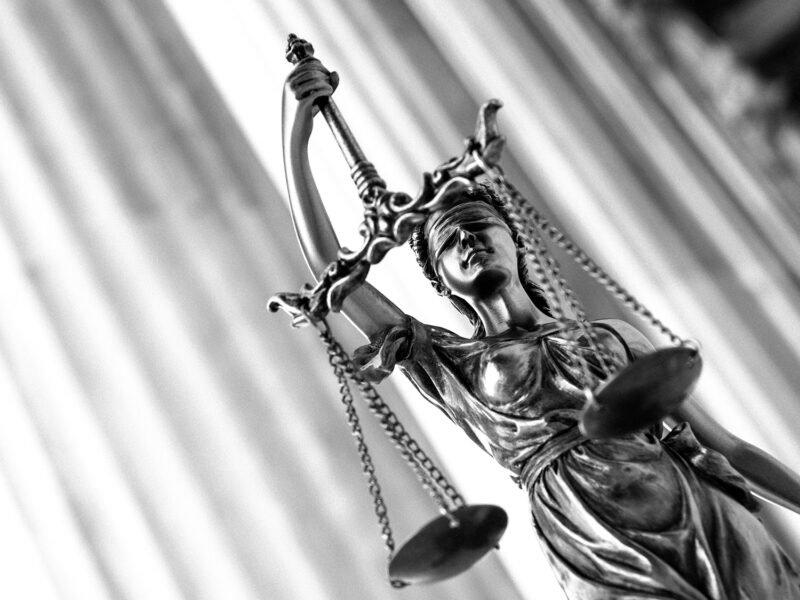Until recently, opposition and administrative cancellation proceedings in Canada have been particularly lengthy. It was not uncommon to see decisions being issued in non-use cancellation proceedings before the Canadian Trademarks Opposition Board (TMOB) 3-4 years after their start. Similarly, in many cases decisions in opposition proceedings would issue 5-6 years after the end of the initial 2 month period to oppose. This is not because these types of proceedings are particularly cumbersome in Canada. Contrary to US oppositions there is no discovery in oppositions and administrative cancellation proceedings, only cross-examinations on affidavit are possible. The availability of very generous extensions of time and long delays to set a hearing or to render a decision on the basis of a written record explain most of these delays. This is changing rapidly.
Continue readingOpposition and Cancellation Proceedings Shifting Into Higher Gear in Canada





